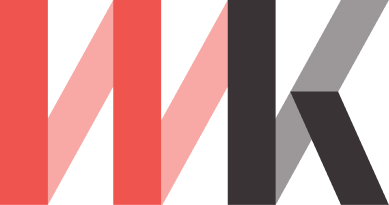So you are looking out for help… Either you have a product idea to develop from scratch or need to augment your IT team, basically; you are looking for the best fit. This read will support you to set the right expectations as well as how to evaluate your future business partner effectively to gain a lifetime relationship, a technical team or the best short-term service.
Let us explore both perspectives: yours and the one of the agencies you hire, so we urge you not to filter by price but by expertise and better overall experience.
Here are our 4 steps to finding the best suitable software agency:
1. What is expected from you?
Do you know your scope and the objectives of your project?
This will help you know what to delegate. Use this general product development list as an idea:
- UI/UX design
- Defining functional requirements
- Technical requirements
- Project management
- Product management
- Quality assurance
- Production and test infrastructure creation
- Support
Having a rough plan is better than having no plan. Why is it important? It will help you set a realistic timetable and budget when negotiating your contract. Your software idea may not be completely formed or you are creating something from zero but still, try to set realistic milestones. And your team will have clearly defined deliverables. It is good to have something to grab on, even if you are not planning to go to market yet.
2. Do you know how to work together?
From day one articulate what is expected from each other. Here is why Agile development frameworks are widely used in the industry, producing highly collaborative teams and promoting communication. We urge that each side actively tries to understand their business models and the way both measure quality.
Let’s put it this way: when developers are motivated to demo and interact frequently with you… Then you (the client) have the same motivation to provide feedback or specifications too.
Another important aspect would be to ask about their project/communication management tools, the reason behind is to identify how accessible they will be (platforms like Asana, Trello, Jira, etc) so you can ask yourself, would these fit with the way we do things too?
3. How well do you know them?
Do some research, look for reviews about them, ask recommendations and their portfolio. Also if they have created any apps, download them, try them. How about open-source projects? Check if they meet your expectations. For example, weKnow loves to give to the Drupal Community, click to meet our main contributions.
4. How much can you spend on the developer?
The most cost-effective service is way more profitable than the cheapest. Many times low-cost offers are filled with blind spots you may regret in the future. Like dealing with lack of documentation, poorly written code, or technology difficult to work on or maintain, lack of experience or even low English level.
And contract wise, make sure to clarify what the price actually includes, specify the type of contract you are negotiating such as Fixed Price Model vs Time & Material Model project.
Pro Tip: Request details on their after-sale or maintenance service.
Consider a partner that can advise you, not only write code; giving you better ideas and features that connect with you from a technical perspective. You want to buy the services from someone who will make your business succeed.
